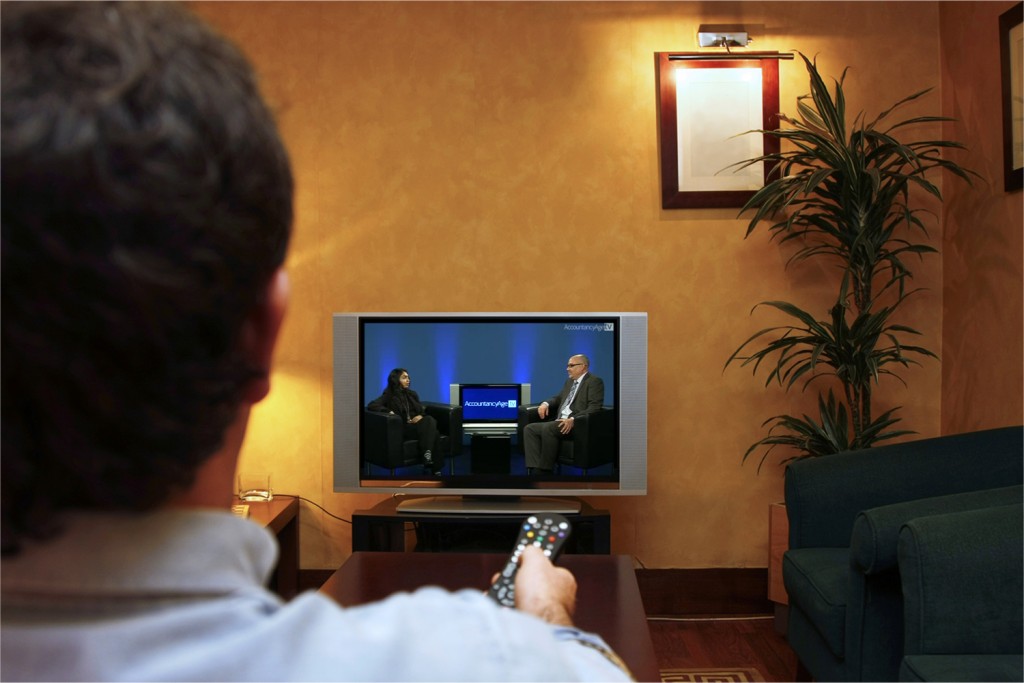The annual cost of the BBC licence fee will rise from £159 to £169.50 from April 2024 – a lower amount than expected based on the previous inflation uplift figure used. But here's how to avoid the fee altogether.
The 88p per month increase comes after the Government confirmed it has changed how the inflation-linked uplifts to the licence fee are calculated for 2024 “in recognition of the ongoing cost-of-living pressures faced by families”.
In January 2022, the Government froze the licence fee for two years, with an agreement that the annual £159 fee would remain unchanged until April 2024, before rising by inflation for the following four years.
Earlier this week, The Sunday Times reported that the Government was considering the lower Consumer Prices Index (CPI) rate of inflation for September, rather than the higher 12-month average to calculate how much the cost of the TV licence fee should rise by.
And now, the Department for Culture, Media and Sport (DCMS) has confirmed that under its new methodology, it will use the September 2023 CPI figure of 6.7% rather than the annualised October to September CPI figure of 9%. This means the annual licence fee is £20 less than expected, with households saving £37 since 2022.
Further the September 6.7% CPI rate is also the approach used to calculate an uplift to benefits.
The black and white TV licence fee will increase from £53.50 to £57.
BBC funding review and fair balance for fee payers
The culture secretary Lucy Frazer also announced a review into how the BBC should be funded in future.
It will look at how alternative models could help secure the broadcaster’s long-term sustainability amid an evolving media landscape, increased competition and changing audience behaviour, while reducing the burden on licence fee payers.
Frazer said: “This is a fair deal that provides value for money for the licence fee payer while also ensuring that the BBC can continue to produce world leading content.
“We know family budgets are stretched, which is why we have stepped in again – following two years of licence fee freezes – to reduce this year’s increase to less than a £1 a month.”
The culture secretary added that with fewer people paying the licence fee, “fundamental questions” on the sustainability of the current fee system have been raised.
She said: “So we are also launching a funding review of the BBC that will take a forensic look at the licence fee, and whether a reformed funding model could better support our national broadcaster to remain sustainable and affordable for audiences while driving growth in our creative industries. I want a thriving BBC, supported to inform, educate and entertain and this funding review will help us make sure we can deliver this for decades to come.”
Unwelcome increase: Do you need to pay?
Alex Tofts, TV and streaming expert at Broadband Genie, said: “While a 6.6% increase to the licence fee will be unwelcome news to many, it pales in comparison to the 38% rise facing some Disney+ subscribers this month.
“In fact, Disney+ customers in the UK will collectively see a price rise of up to £274m per year, followed by £156m for Amazon Prime members paying monthly, and £53m for those with Apple TV+.”
Tofts added there are ways to avoid the licence fee rise however.
“When viewing on demand channels using your broadband connection, it is only the BBC that requires you to pay the charge. Using the likes of Channel 4 On Demand, or ITVX, will allow you to stream for free, provided you are willing to sit through ads.
“Be careful though, as you need to warn TV Licensing that you do not require one, or else you may be subject to an inspection.
“If you are over the age of 75 [and in receipt of pension credit], you are entitled to receive your TV licence for free, but there are still many pensioners out there who don’t realise this. TV can be a lifeline for elderly people, especially during the cold winter months,” Tofts said.





